The history of the United Nations and its biggest challenges
The United Nations, often referred to as the UN, serves as a unique platform where countries from all over the globe converge to discuss and tackle international issues. Established in the aftermath of World War II, this organization aims to maintain peace and security while promoting cooperation among nations.
With 193 member states as of today, the UN has become synonymous with global diplomacy, development, and humanitarian efforts. Its multifaceted structure and varied missions make it an intriguing subject for anyone interested in international relations.
The Birth of an Idea: Origins of the United Nations

The concept of the United Nations took root during World War II, when leaders from the Allied powers recognized the need for a new international organization to replace the ineffective League of Nations. The term ‘United Nations’ was first coined by President Franklin D. Roosevelt during the war, symbolizing a coalition against Axis powers.
The main idea was to prevent future conflicts and ensure lasting peace through collective security and cooperation. As the war drew to a close, discussions intensified, eventually leading to the creation of the UN in 1945.
From League to United: The Transition from the League of Nations
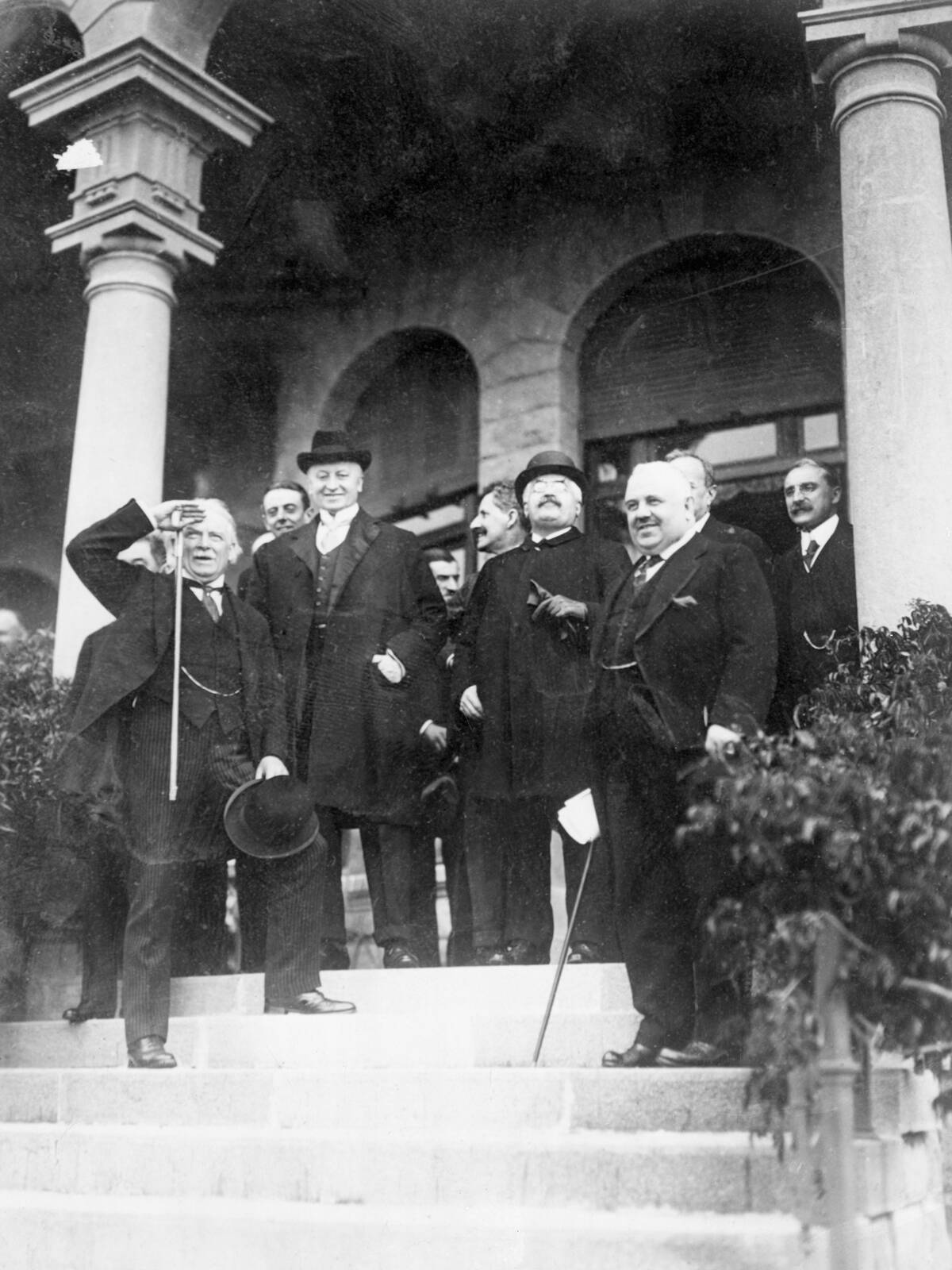
The League of Nations, established after World War I, aimed to maintain peace but struggled due to a lack of authority and participation from key powers. It became evident that a more robust organization was needed, especially after failing to prevent World War II.
The transition from the League to the United Nations marked a pivotal shift, with lessons learned shaping the UN’s structure. The new organization sought to be more inclusive and effective, incorporating broader participation and enforcement mechanisms to address global challenges.
The Charter of 1945: Laying Down the Law
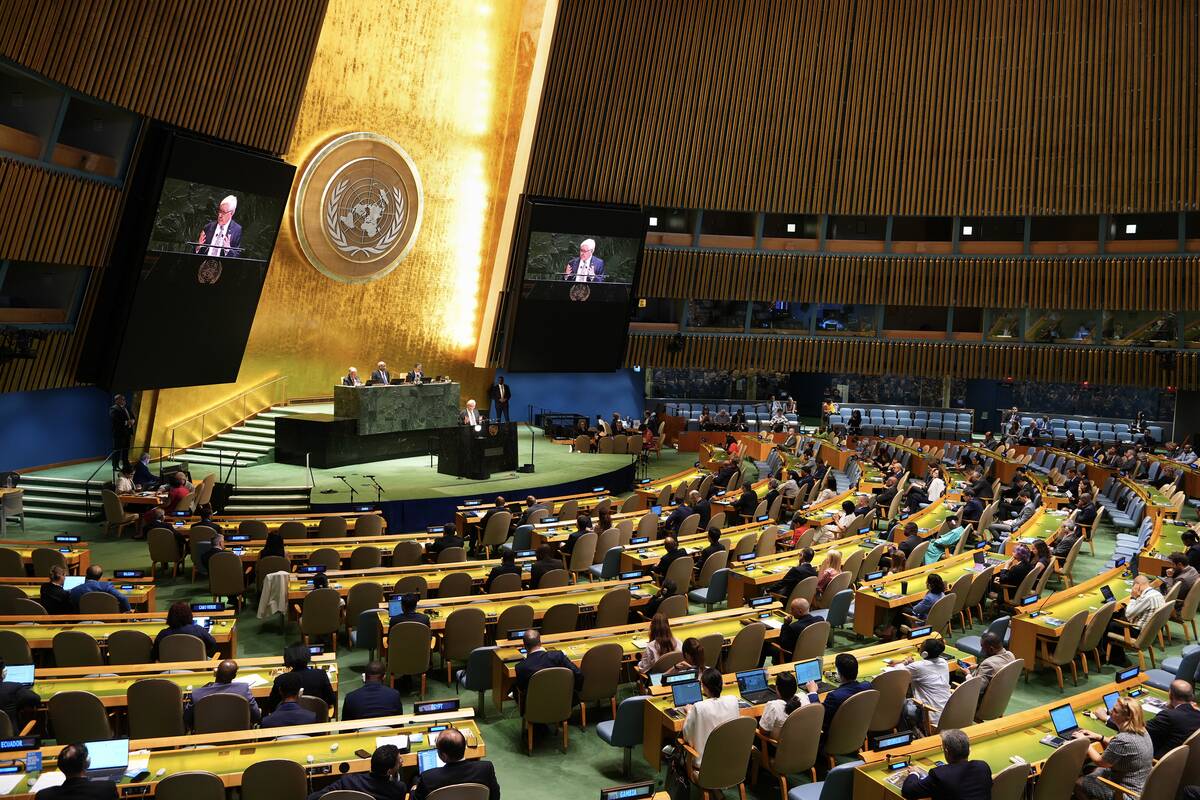
The UN Charter, signed in San Francisco on June 26, 1945, outlines the principles and structure of the United Nations. It serves as the organization’s foundational treaty, detailing the roles and responsibilities of its various organs.
The Charter emphasizes the importance of maintaining international peace, security, and human rights, setting the stage for the UN’s mission. It was ratified by the five permanent members of the Security Council and a majority of other signatories, officially coming into force on October 24, 1945, which is celebrated as United Nations Day.
Founding Members: Who Were the First Nations to Join?
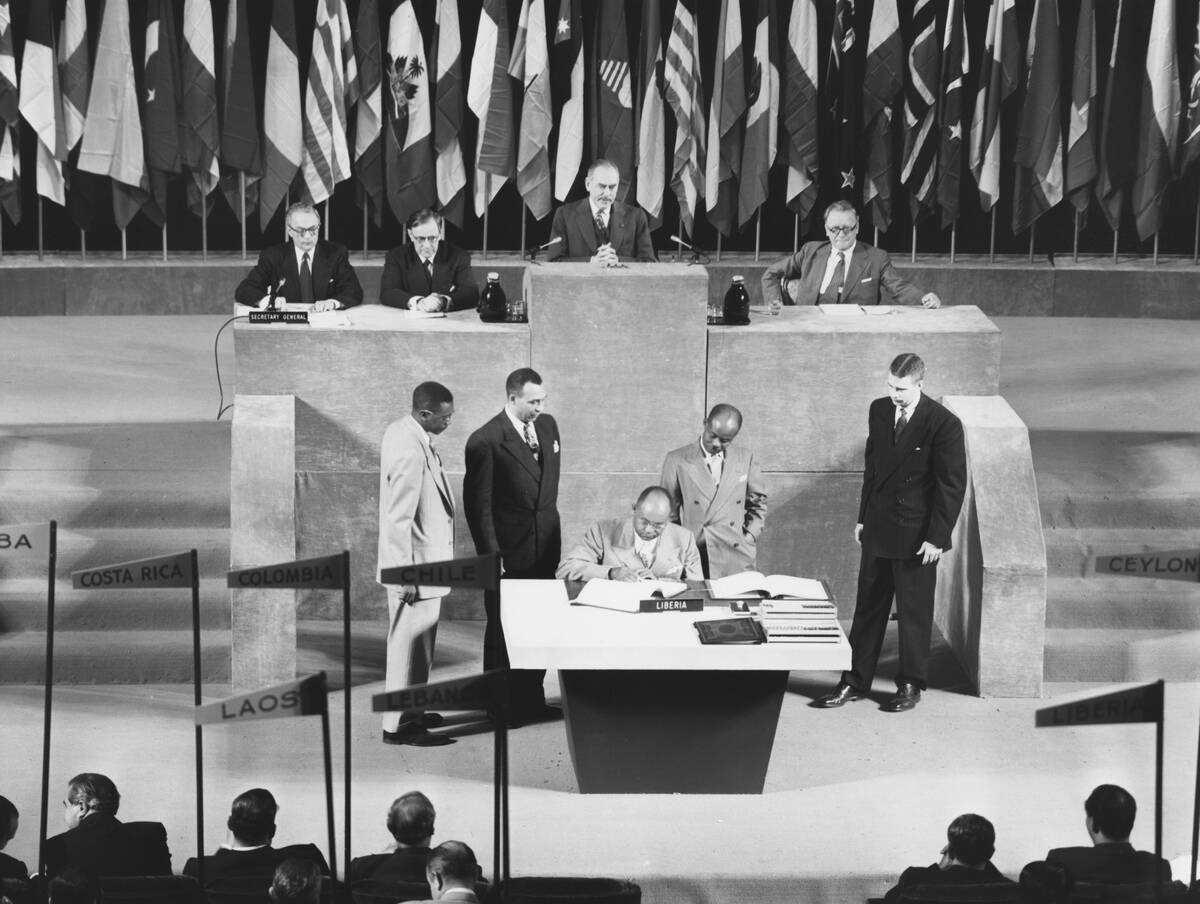
The United Nations began with 51 founding members, including major Allied powers like the United States, the United Kingdom, the Soviet Union, and China. These countries, along with others, were instrumental in formulating the UN’s mission and principles.
The initial members represented a diverse range of regions and cultures, laying the groundwork for a truly international organization. Today, the UN has expanded to include nearly every nation in the world, reflecting its commitment to inclusivity and global representation.
The UN Headquarters: A Global Hub in New York
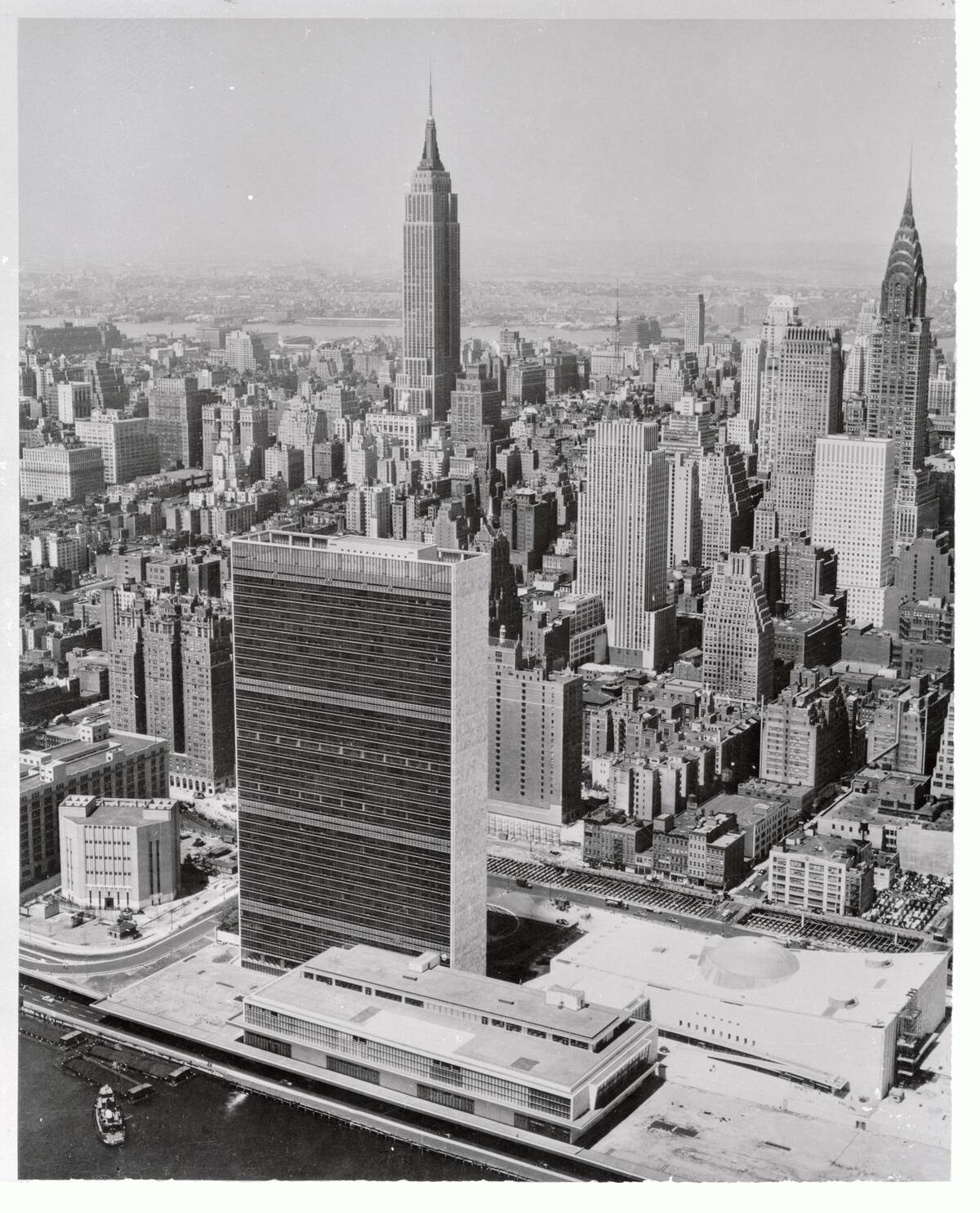
The United Nations Headquarters is located in New York City, serving as the central hub for international diplomacy. Opened in 1952, the iconic complex is situated along the East River, comprising several buildings, including the Secretariat, the General Assembly Hall, and the Security Council Chamber.
The location was chosen for its accessibility and symbolic representation of post-war peace and cooperation. It hosts numerous conferences and meetings, providing a space where world leaders and diplomats can engage in dialogue and negotiation.
The Six Main Organs: Inside the UN Structure
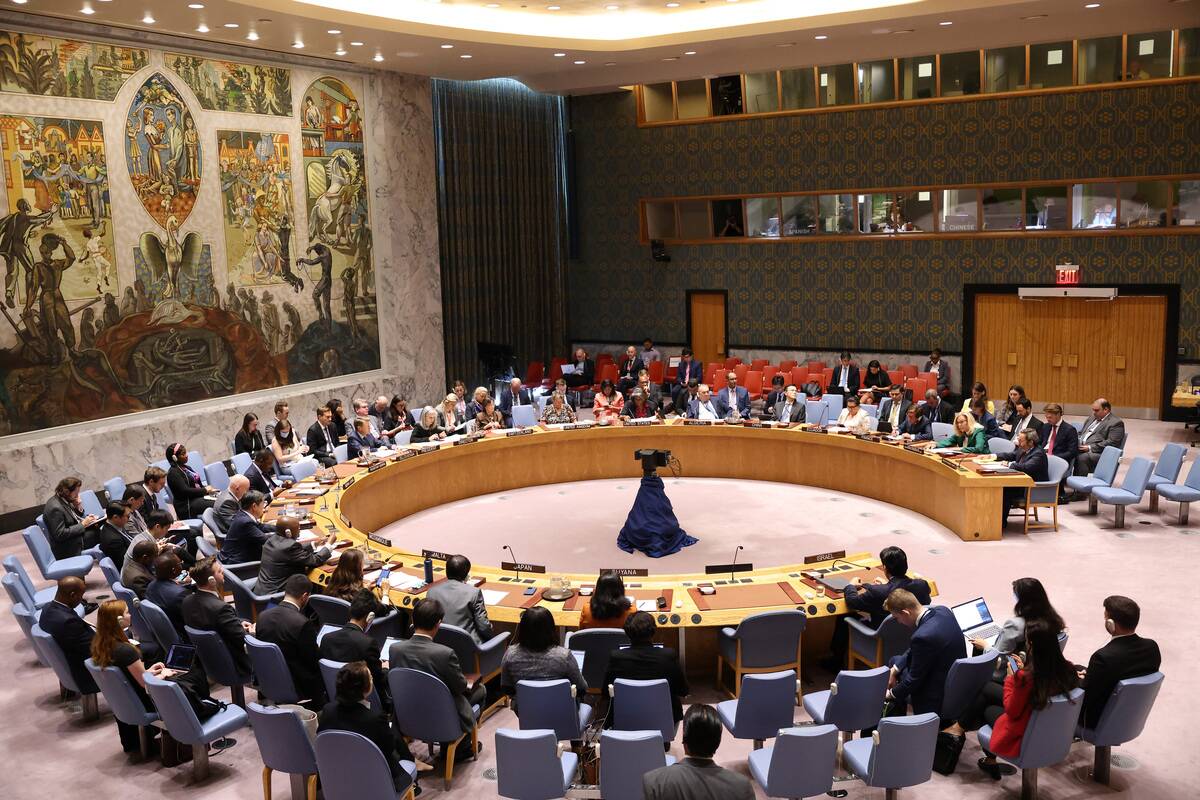
The United Nations is organized into six principal organs: the General Assembly, the Security Council, the Economic and Social Council, the International Court of Justice, the Secretariat, and the now-dormant Trusteeship Council. Each organ has distinct responsibilities, from maintaining peace and security to promoting development and administering international law.
These bodies work in tandem to address complex global issues, making the UN a multifaceted organization. The structure allows for diverse representation and collaborative efforts to tackle the world’s most pressing challenges.
Peacekeeping Missions: The UN’s Role in Global Peace
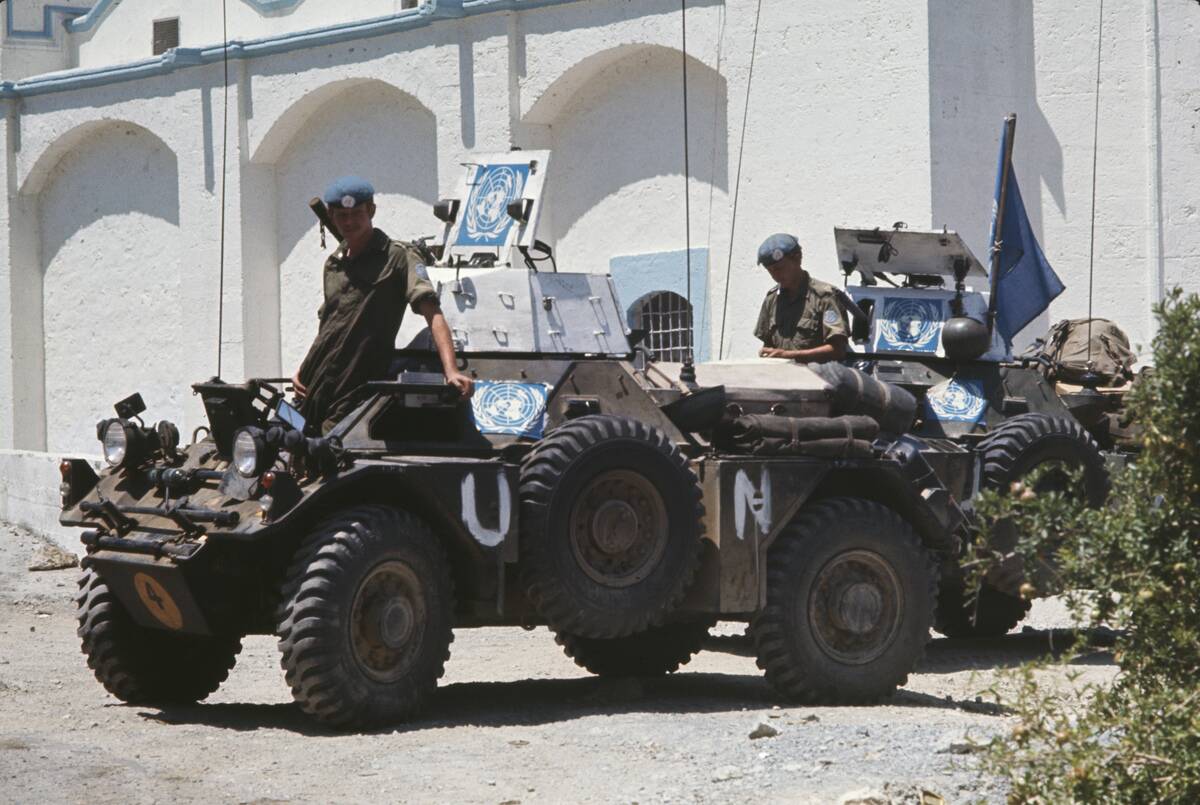
UN peacekeeping missions are crucial in maintaining stability in conflict-ridden regions. These missions deploy military, police, and civilian personnel to help countries navigate the path from conflict to peace. Since the first mission in 1948, the UN has undertaken various operations worldwide, adapting its strategies to evolving challenges.
Peacekeepers are often recognized by their blue helmets, symbolizing the UN’s commitment to peace and security. Their efforts have been pivotal in de-escalating tensions and supporting post-conflict recovery and development.
The Security Council: A Powerful Body with Challenges

The Security Council is one of the most influential bodies of the United Nations, charged with ensuring international peace and security. It consists of 15 members, five of which are permanent and have veto power: the United States, the United Kingdom, France, Russia, and China.
The Council can impose sanctions, authorize military action, and deploy peacekeeping forces. However, its effectiveness is sometimes hampered by political disagreements among members, particularly the permanent ones, which can lead to deadlocks in decision-making.
The General Assembly: The Heart of Global Discussions
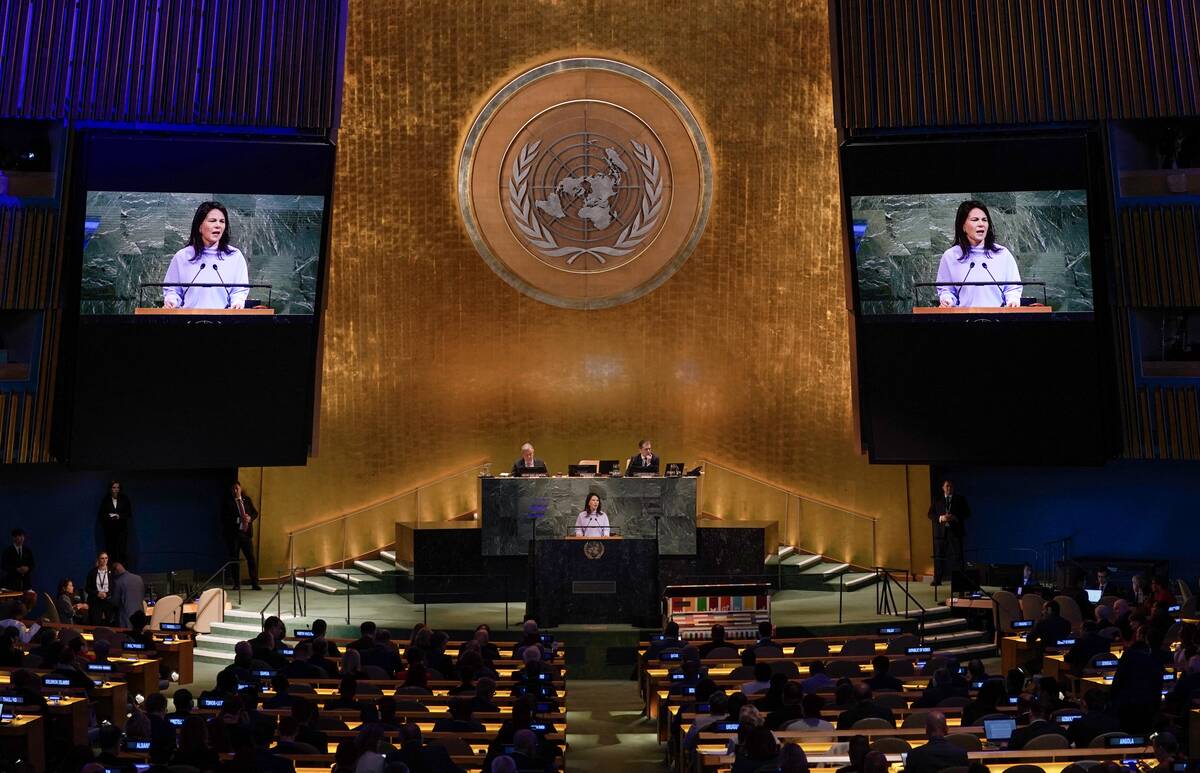
The General Assembly is often described as the UN’s deliberative body, where all member states have equal representation. It provides a forum for multilateral discussion on international issues covered by the Charter, such as development, security, and human rights.
Each member has one vote, and decisions on key issues require a two-thirds majority. The Assembly meets annually in a regular session, fostering dialogue and cooperation among nations. Its resolutions, while not legally binding, carry significant moral and political weight.
Economic and Social Council: Promoting Global Development
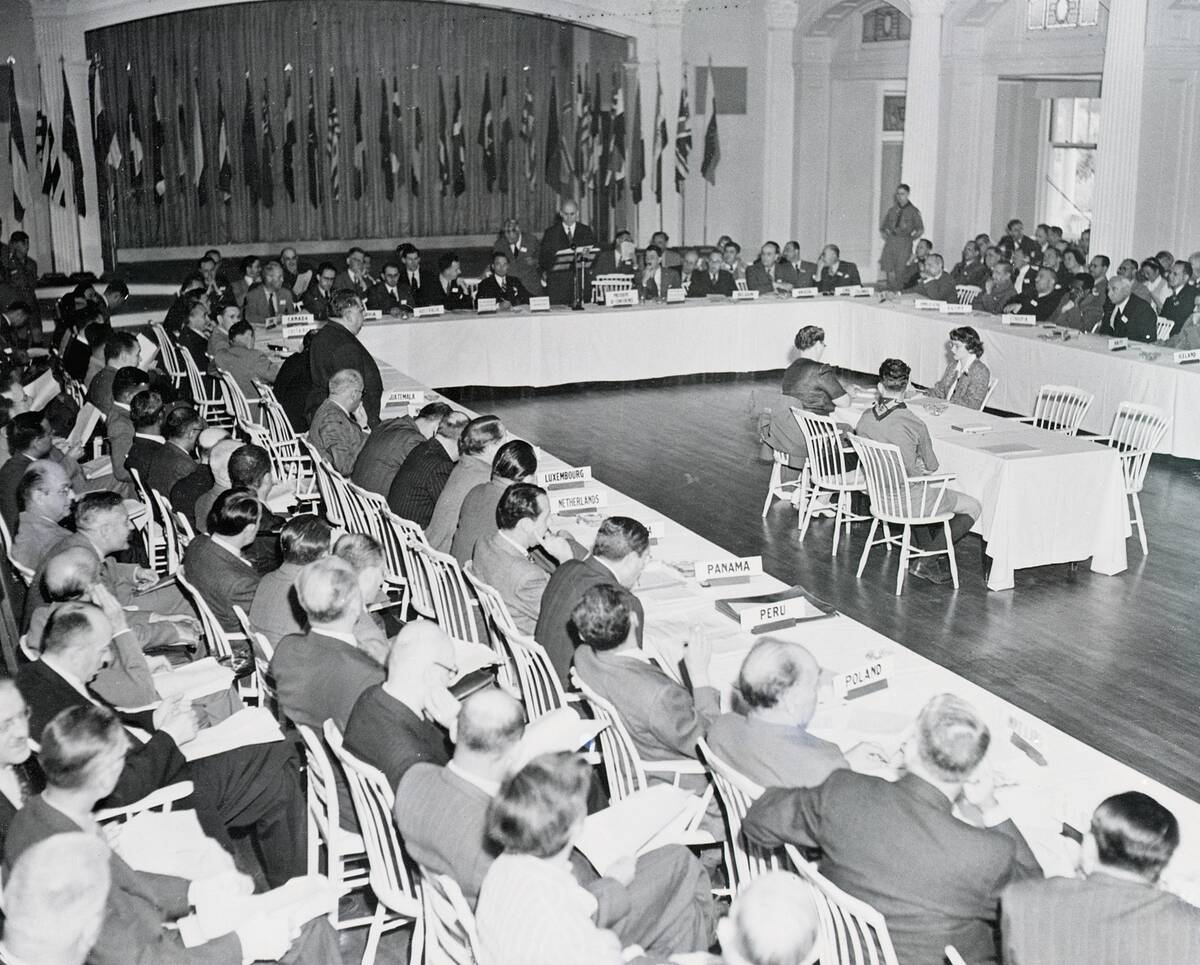
The Economic and Social Council (ECOSOC) is dedicated to advancing international economic and social cooperation and development. It coordinates the activities of various specialized agencies, including the World Health Organization and the International Monetary Fund.
ECOSOC addresses a wide range of issues, from poverty eradication to climate action, playing a pivotal role in shaping global policy. Through its initiatives, the Council aims to foster sustainable development and improve living standards worldwide, contributing to the UN’s broader mission.
The International Court of Justice: Resolving Disputes
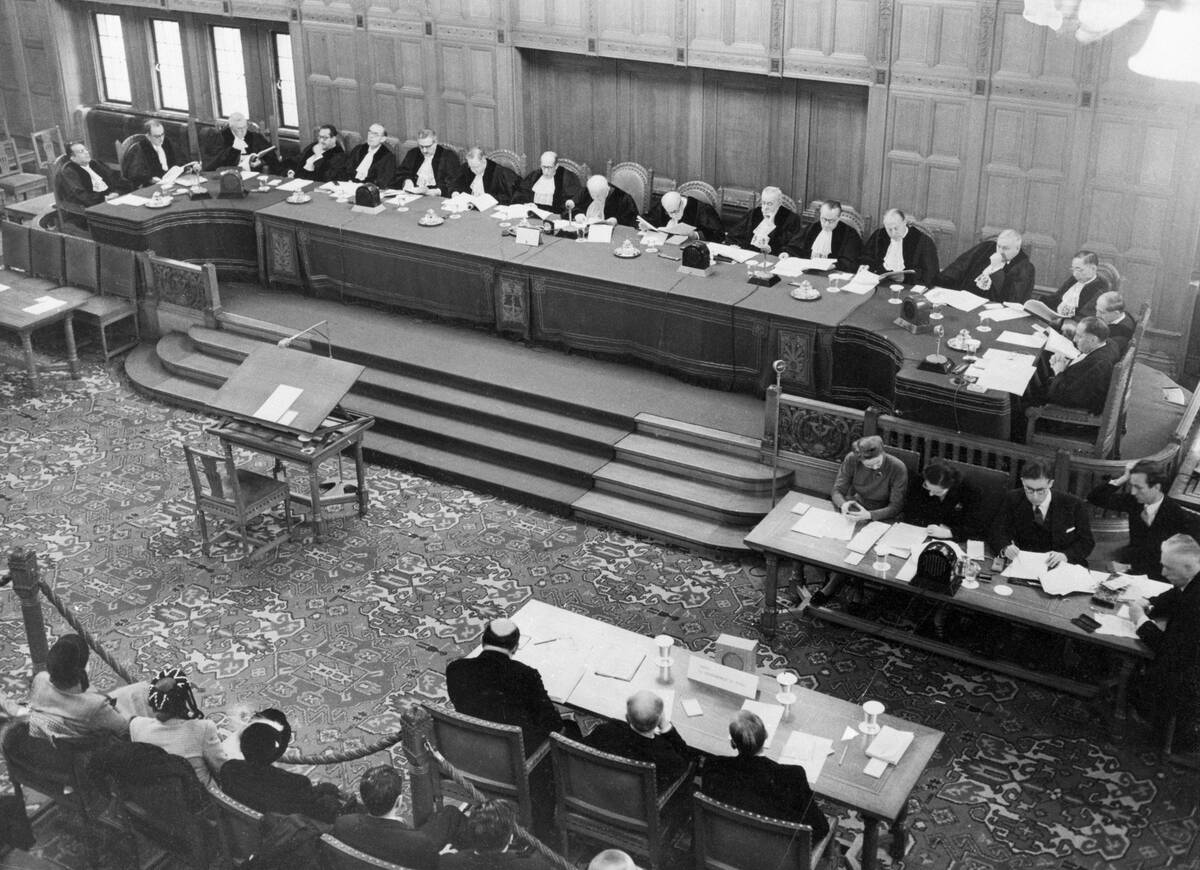
The International Court of Justice (ICJ), located in The Hague, is the principal judicial organ of the United Nations. It settles legal disputes between states and provides advisory opinions on international legal issues.
The Court comprises 15 judges elected by the General Assembly and the Security Council, ensuring independence and impartiality. The ICJ’s rulings are binding, contributing to the peaceful resolution of conflicts. It plays a vital role in upholding international law and fostering justice among nations.
The Secretariat: The Backbone of the United Nations
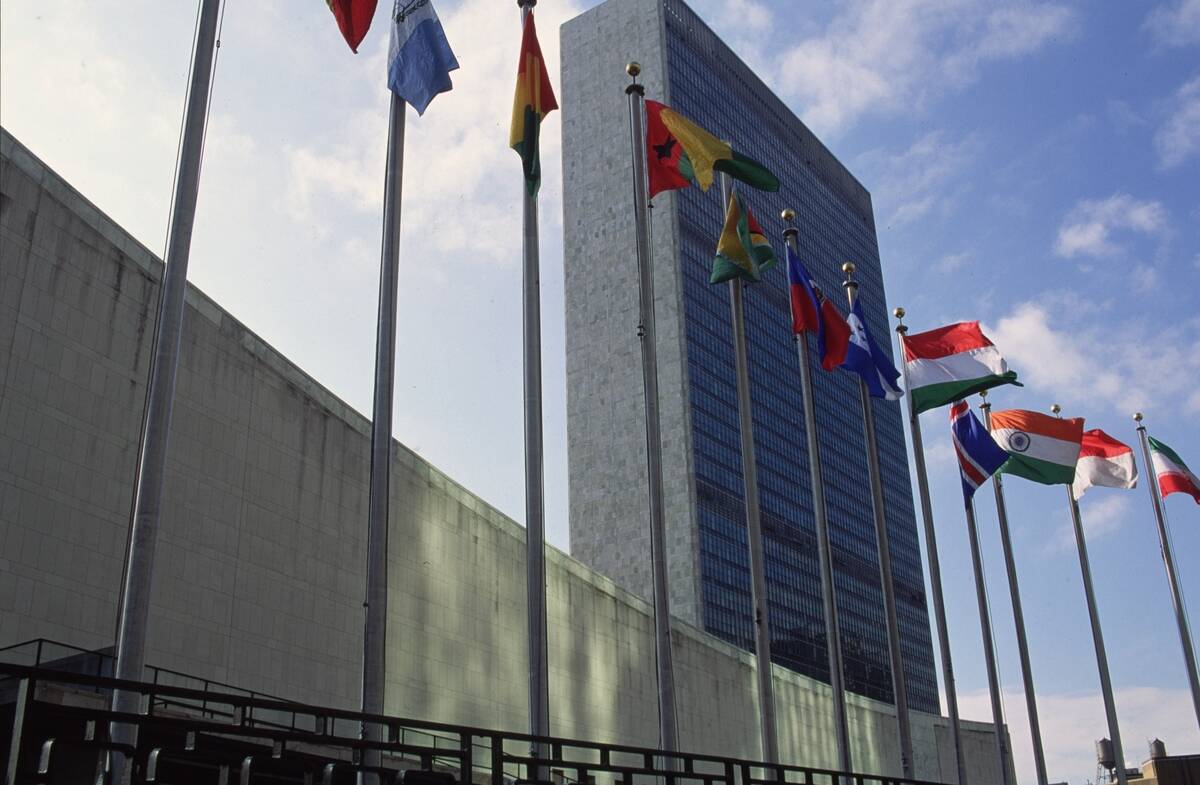
The UN Secretariat, led by the Secretary-General, acts as the administrative backbone of the organization. It comprises a diverse international staff responsible for carrying out the day-to-day work of the UN.
The Secretariat’s duties range from preparing reports and studies to organizing conferences and implementing the decisions of the UN’s organs. The Secretary-General, often referred to as the UN’s chief diplomat, plays a crucial role in mediating conflicts and advocating for peace and cooperation on the world stage.
The Trusteeship Council: A Sunset Chapter
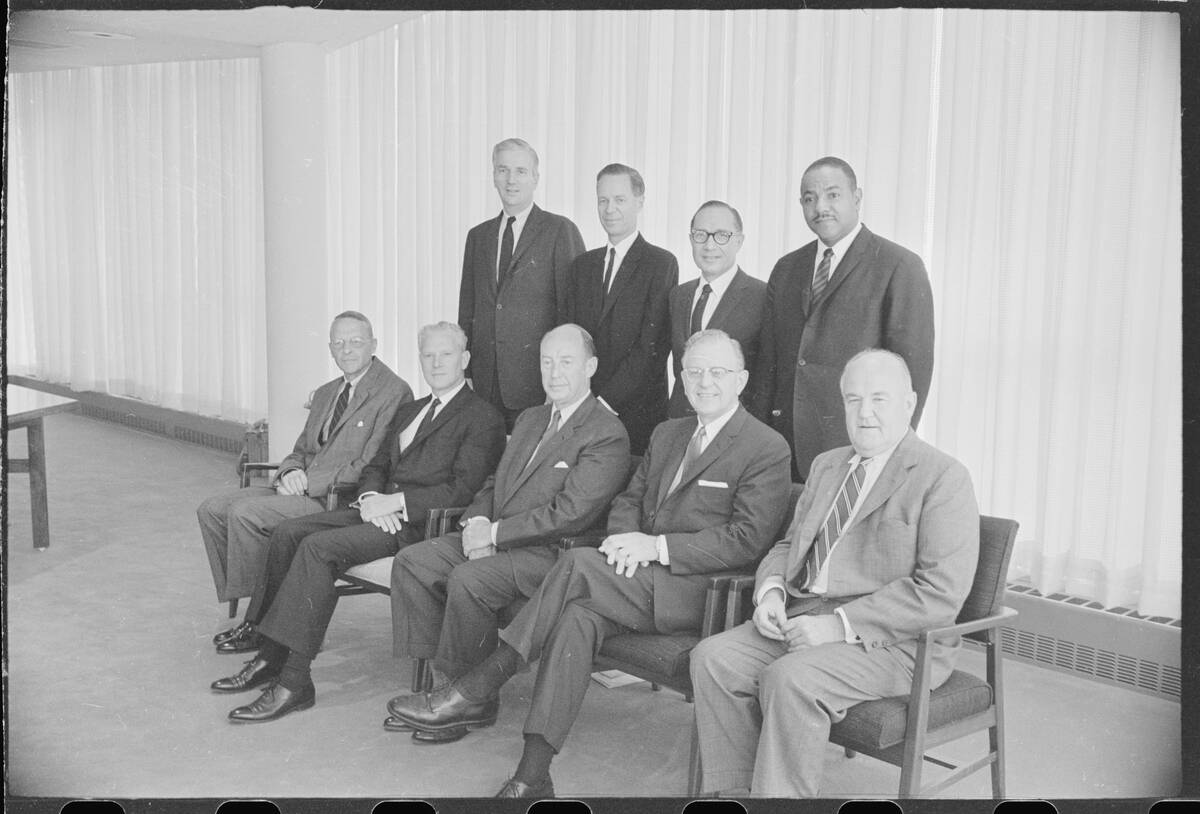
The Trusteeship Council was established to oversee the administration of trust territories as they transitioned to self-governance and independence. With its mission largely accomplished, the Council suspended its operations in 1994, following the independence of Palau, the last remaining trust territory.
Although inactive, the Council remains a part of the UN Charter and could be reactivated if necessary. Its successful completion marks a significant achievement in the decolonization efforts of the United Nations.
Human Rights Efforts: The Universal Declaration

The Universal Declaration of Human Rights, adopted by the UN General Assembly in 1948, is a landmark document that outlines fundamental human rights to be universally protected. It was drafted by representatives from diverse legal and cultural backgrounds, reflecting a global consensus on human rights principles.
The Declaration has inspired numerous international treaties and national constitutions, serving as a guiding framework for the promotion and protection of human rights. Its enduring legacy underscores the UN’s commitment to dignity and justice for all.
Tackling Global Health: The World Health Organization
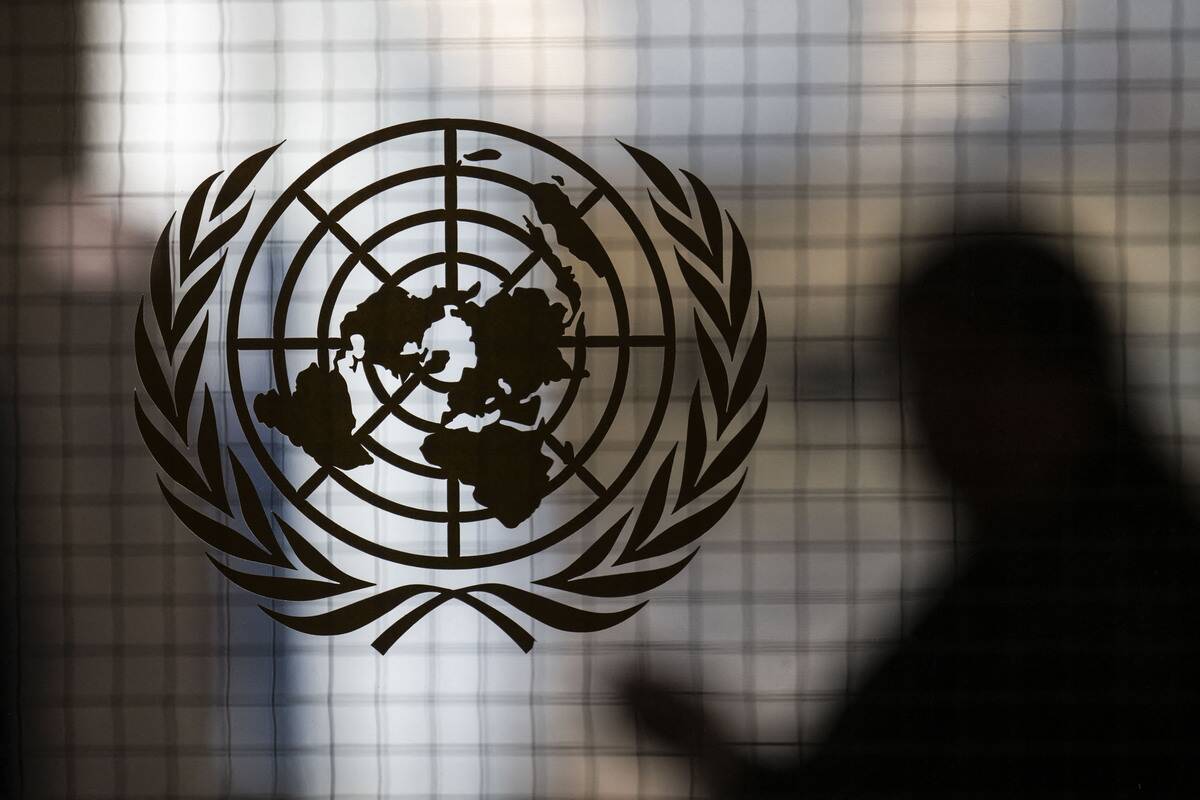
The World Health Organization (WHO), a specialized agency of the UN, is tasked with addressing global health issues and improving public health outcomes. Established in 1948, WHO coordinates international efforts to combat diseases, promote healthy living, and respond to health emergencies.
It played a crucial role in the eradication of smallpox and continues to lead efforts against diseases like malaria and HIV/AIDS. WHO’s work in setting health standards and providing support to countries enhances global health security and well-being.
Climate Change Initiatives: The UN’s Green Mission

The United Nations is at the forefront of global efforts to combat climate change, recognizing it as one of the most pressing challenges of our time. The UN Framework Convention on Climate Change (UNFCCC) facilitates international negotiations, leading to significant agreements like the Paris Agreement in 2015.
This accord aims to limit global warming and enhance resilience to climate impacts. The UN continues to advocate for sustainable practices and mobilize resources to support countries in their climate action efforts.
Humanitarian Aid: Responding to Global Crises
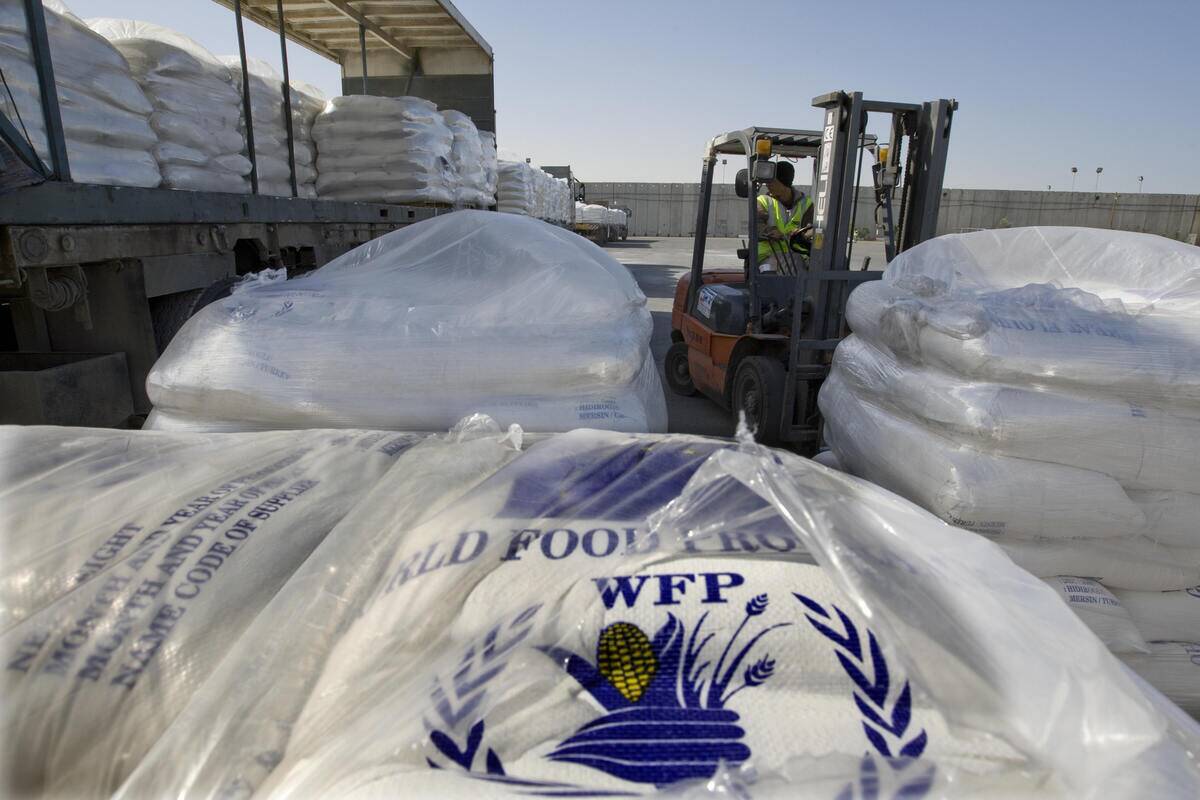
The United Nations provides crucial humanitarian aid to communities affected by natural disasters, conflicts, and other crises. Agencies like the World Food Programme and the United Nations High Commissioner for Refugees deliver food, shelter, and medical assistance to those in need.
The UN’s coordinated response efforts ensure timely and efficient aid delivery, helping to alleviate suffering and rebuild lives. Humanitarian work is integral to the UN’s mission, demonstrating its commitment to saving lives and fostering recovery in times of crisis.
The Challenge of Reform: Calls for Institutional Change
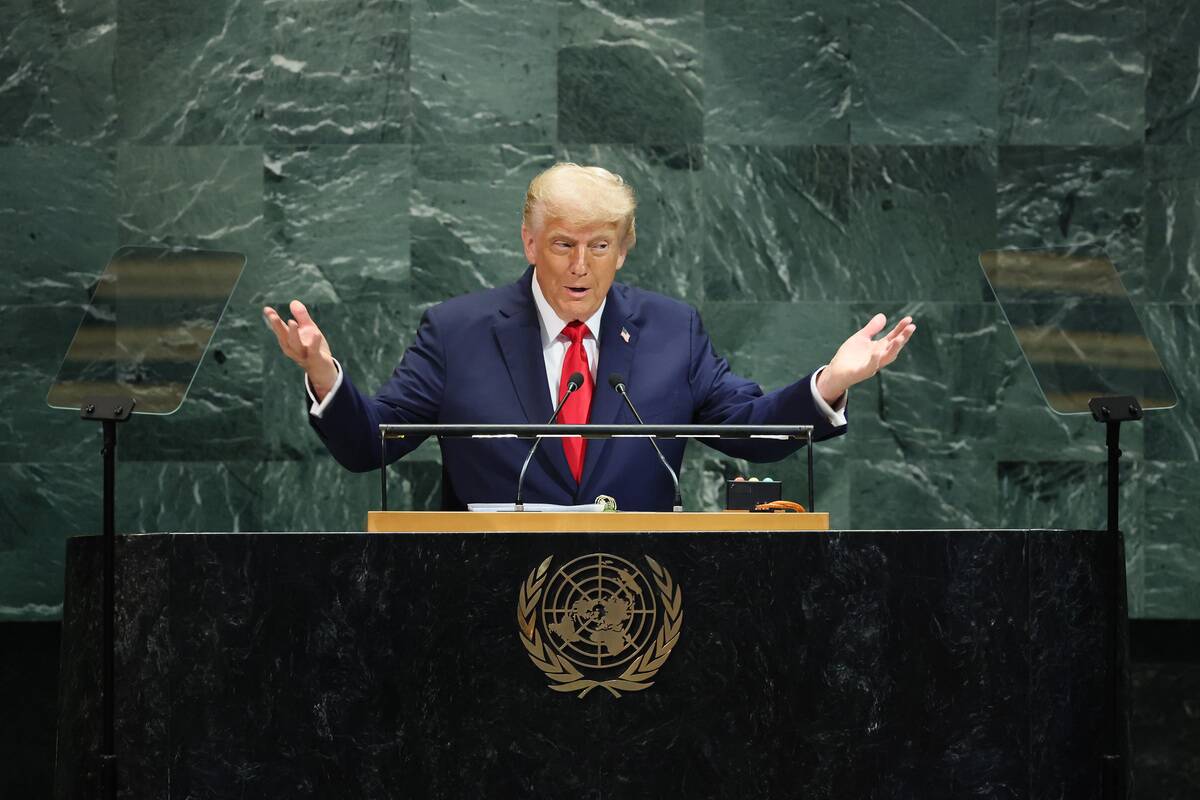
The United Nations faces ongoing calls for reform to enhance its efficiency, transparency, and responsiveness. Critics argue that the organization must evolve to address contemporary global challenges effectively.
Proposals for reform include expanding the Security Council, improving decision-making processes, and increasing accountability. These discussions underscore the need for a dynamic and adaptable UN, capable of meeting the expectations of its member states and the international community in the 21st century.
Financial Constraints: Budgeting in a Global Organization
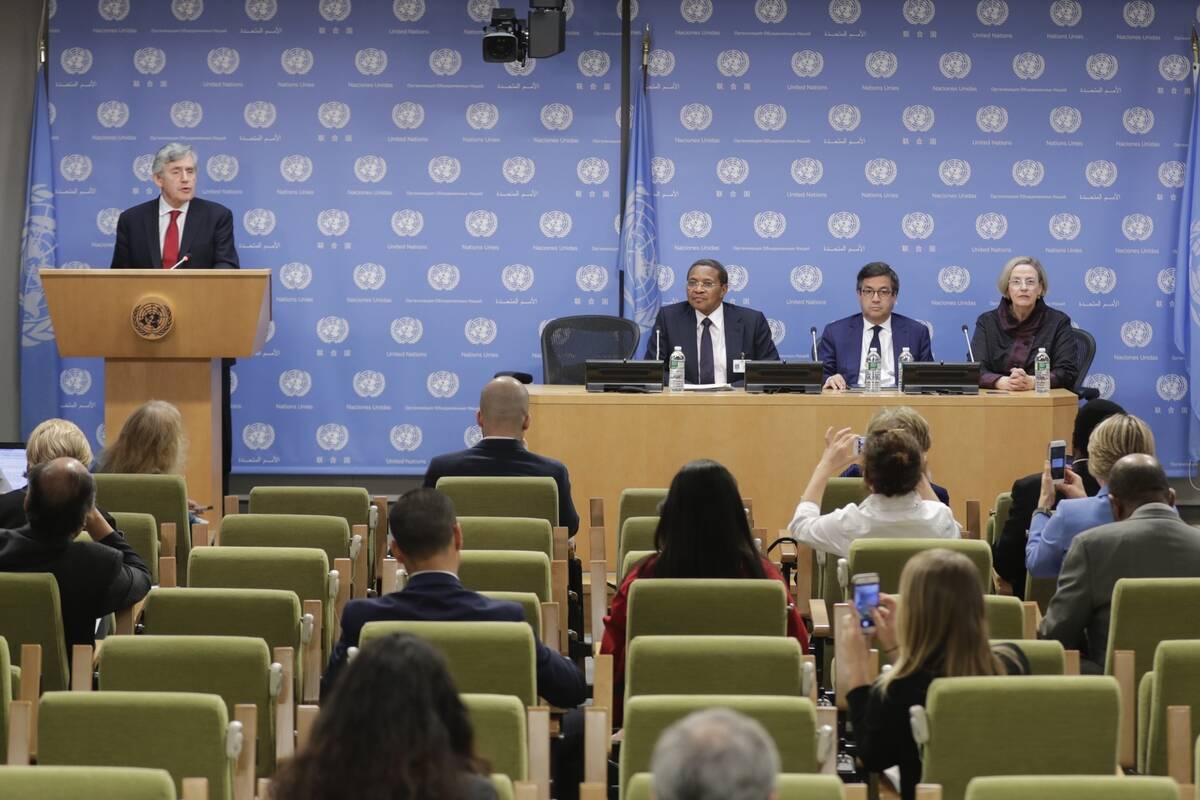
Managing finances in a global organization like the United Nations is a complex endeavor. The UN relies on contributions from member states to fund its operations and initiatives. However, financial constraints can pose challenges, affecting the organization’s ability to deliver on its mandates.
The UN has implemented various measures to optimize resource allocation and ensure fiscal sustainability. Despite these efforts, securing adequate funding remains a priority, highlighting the importance of member states’ support and contributions.
Political Tensions: Navigating Global Diplomacy
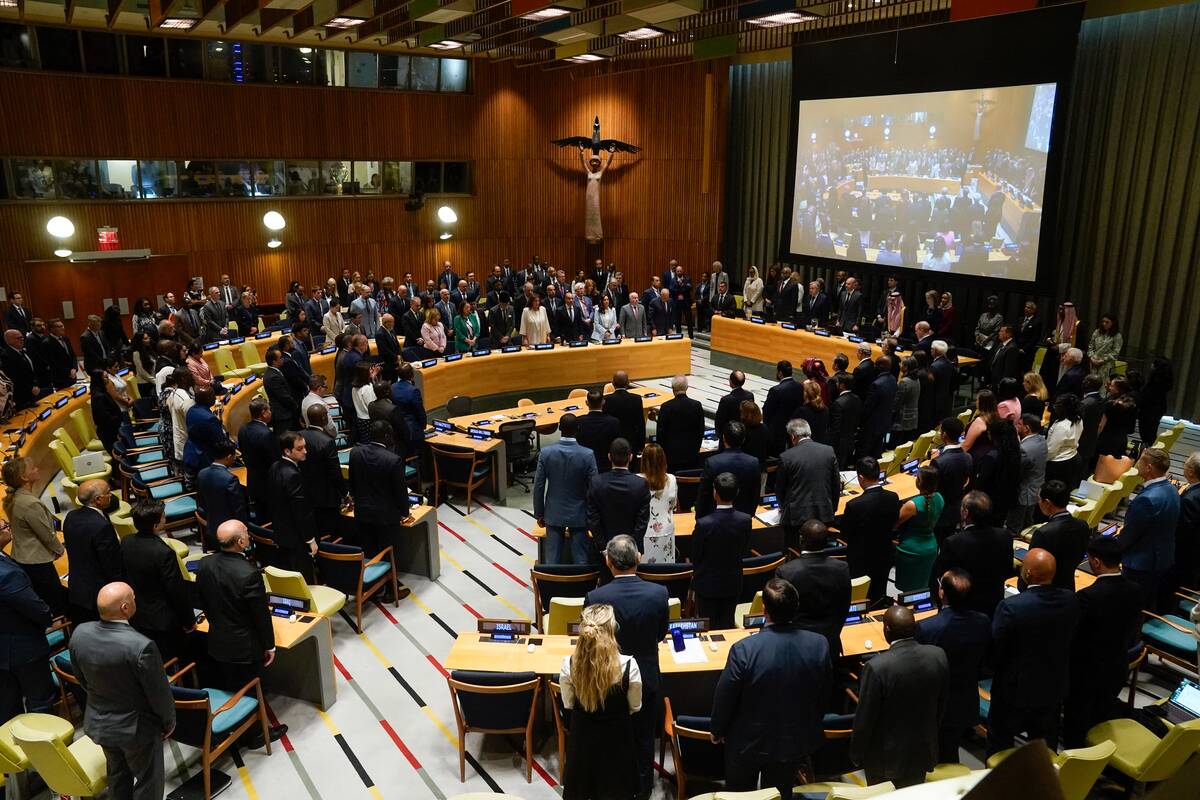
Navigating political tensions is an inherent part of the United Nations’ role in global diplomacy. As a forum for dialogue, the UN often finds itself at the center of geopolitical disputes. Balancing the interests of diverse member states requires skilled diplomacy and negotiation.
The organization strives to maintain impartiality while fostering cooperation and consensus-building. Despite challenges, the UN remains committed to its mission of promoting peace and stability, serving as a platform for multilateral engagement and problem-solving.
The Veto Power: A Double-Edged Sword
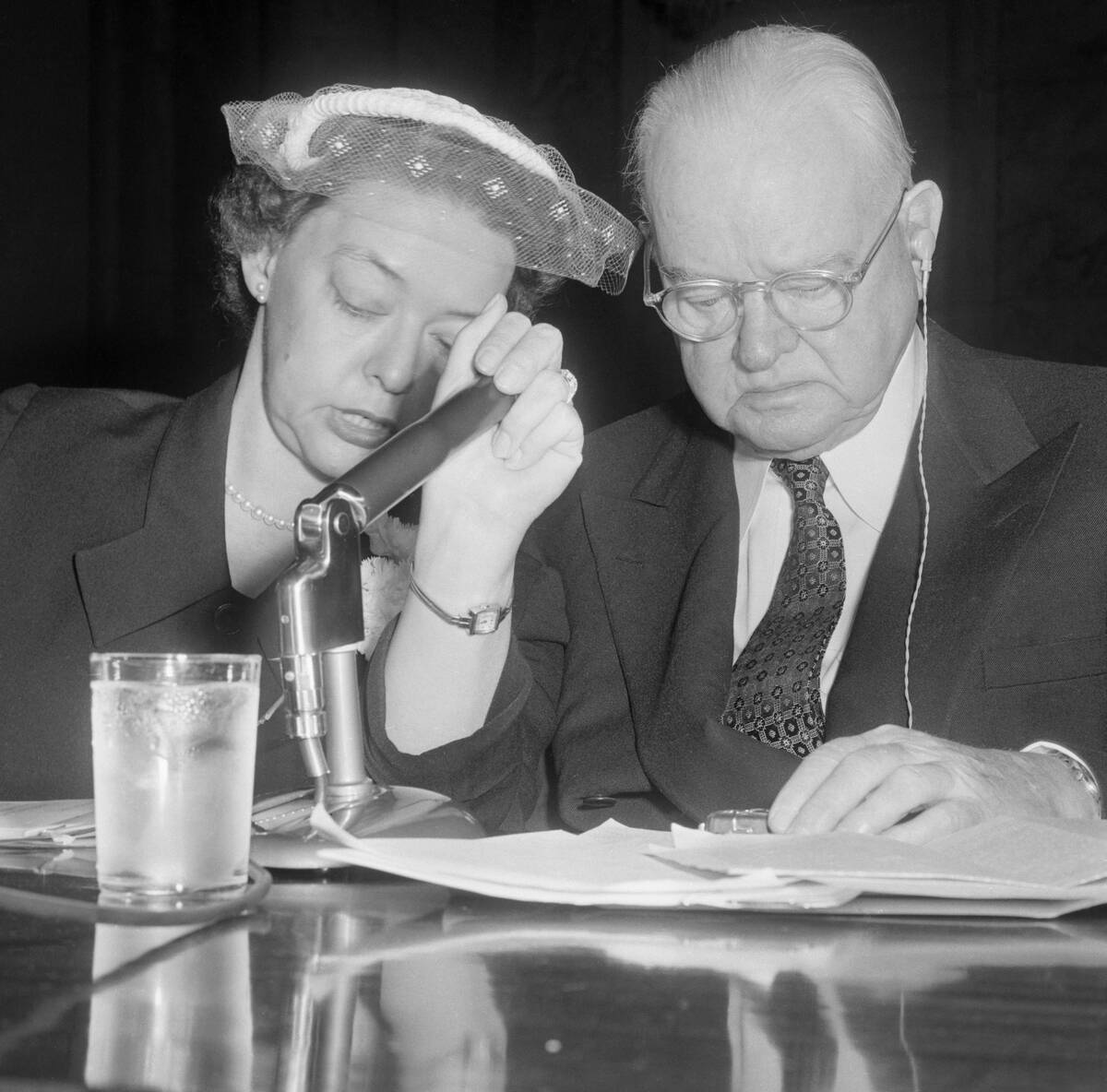
The veto power held by the five permanent members of the Security Council is both a tool for influence and a source of contention. It allows these members to block any substantive resolution, ensuring their interests are safeguarded.
However, the veto can also hinder the Council’s ability to act swiftly in response to crises. Debates over its use and calls for reform are ongoing, reflecting the tension between maintaining a balance of power and ensuring effective decision-making in the UN.
Expanding Membership: Balancing Voices and Votes
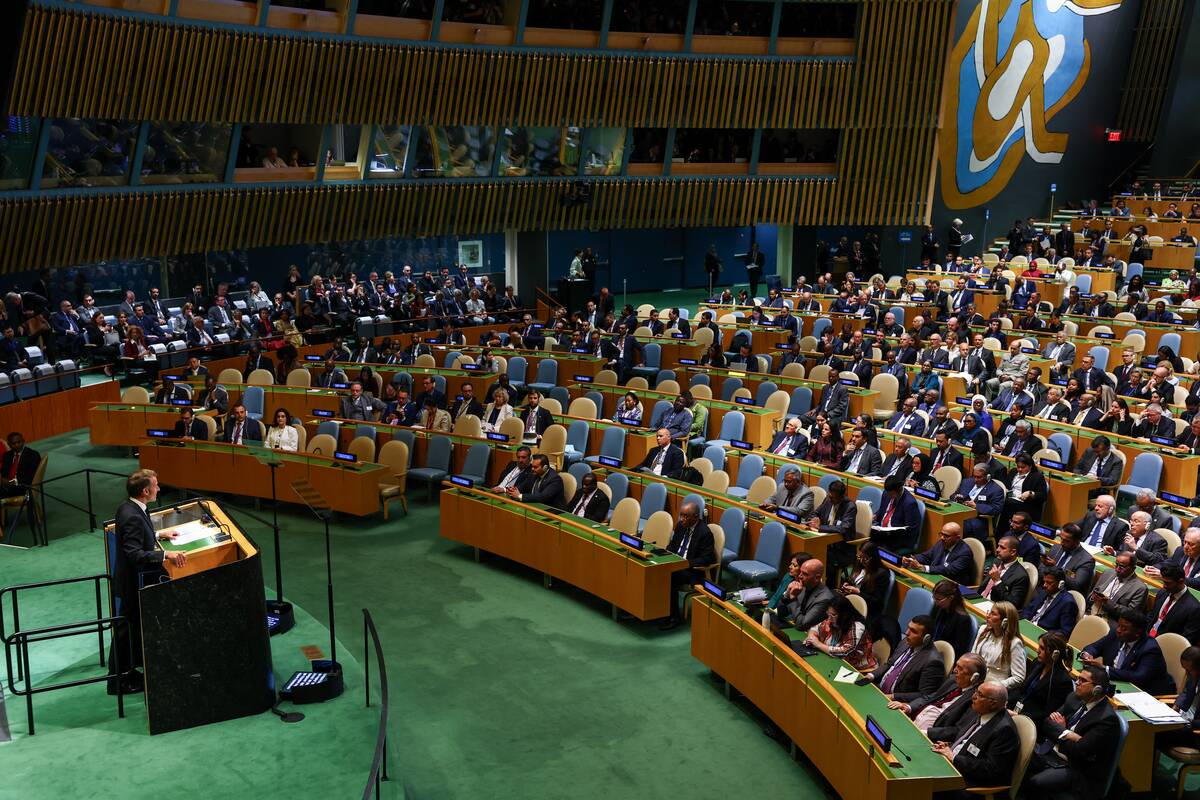
The expansion of UN membership has been a testament to its inclusivity and global reach. As new nations gained independence, they joined the organization, bringing diverse perspectives and challenges. Balancing the voices and votes of a growing membership is a continuous process, requiring adjustments in representation and resource allocation.
Ensuring equitable participation in decision-making is crucial to maintaining the UN’s legitimacy and effectiveness. The organization strives to reflect the evolving international landscape while upholding its foundational principles.
Recent Challenges: Adapting to a Changing World
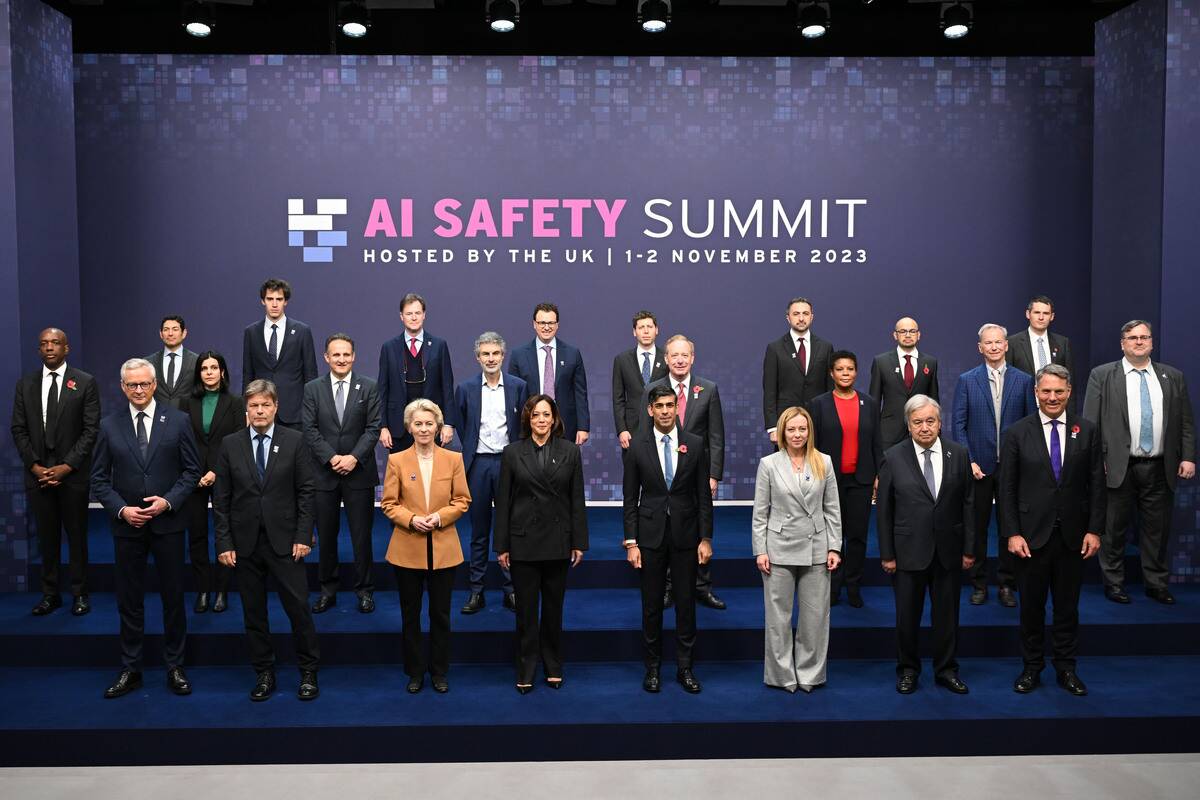
The United Nations faces numerous challenges in adapting to a rapidly changing world. Issues such as climate change, cybersecurity, and global health crises require innovative solutions and coordinated international efforts. The UN’s ability to respond effectively depends on its capacity to adapt and evolve its strategies.
Collaboration with member states, civil society, and the private sector is essential to address these complex issues. The organization’s resilience and adaptability are key to its continued relevance and impact in the 21st century.
The Future of the United Nations: Vision in the 21st Century
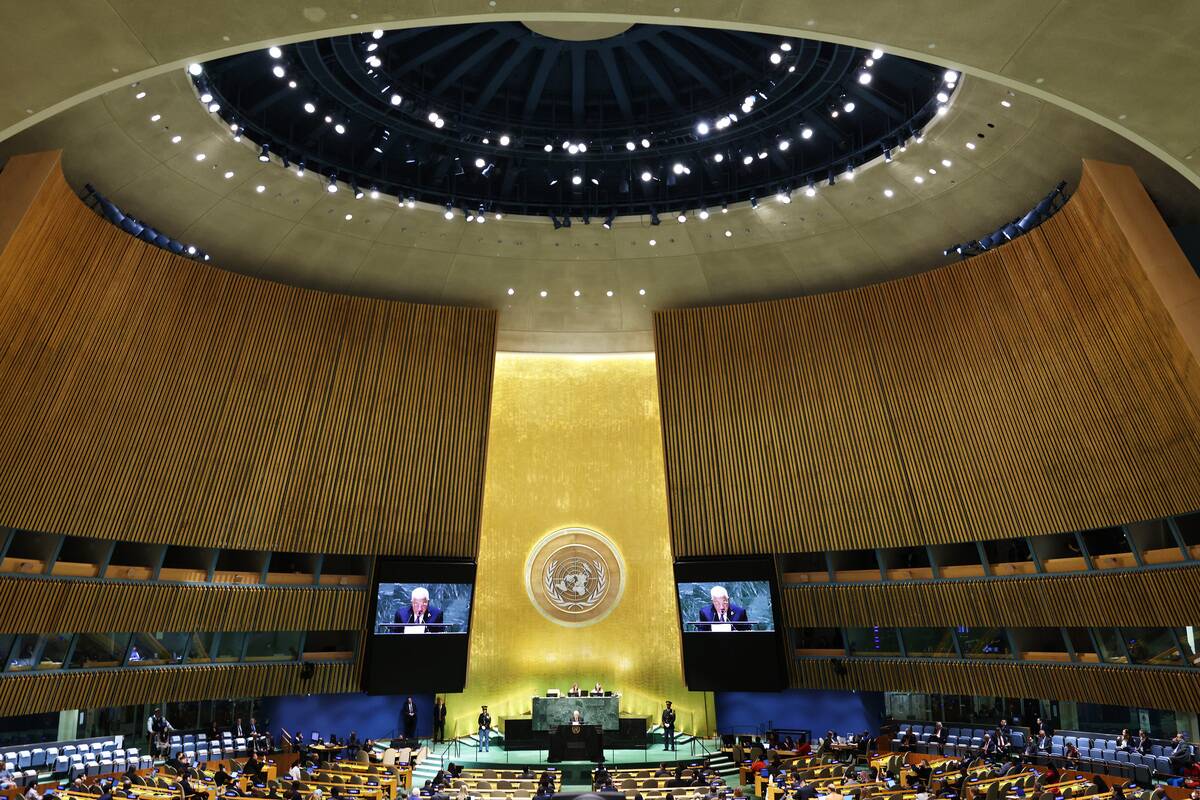
Looking ahead, the United Nations envisions a future where it continues to be a catalyst for global cooperation and peace. Embracing innovation and inclusivity, the UN aims to strengthen its role in addressing emerging challenges and opportunities.
The organization’s focus on sustainable development, human rights, and multilateralism underscores its commitment to a more equitable and just world. As it adapts to the evolving international landscape, the UN remains dedicated to its founding principles, striving to build a better future for all.




